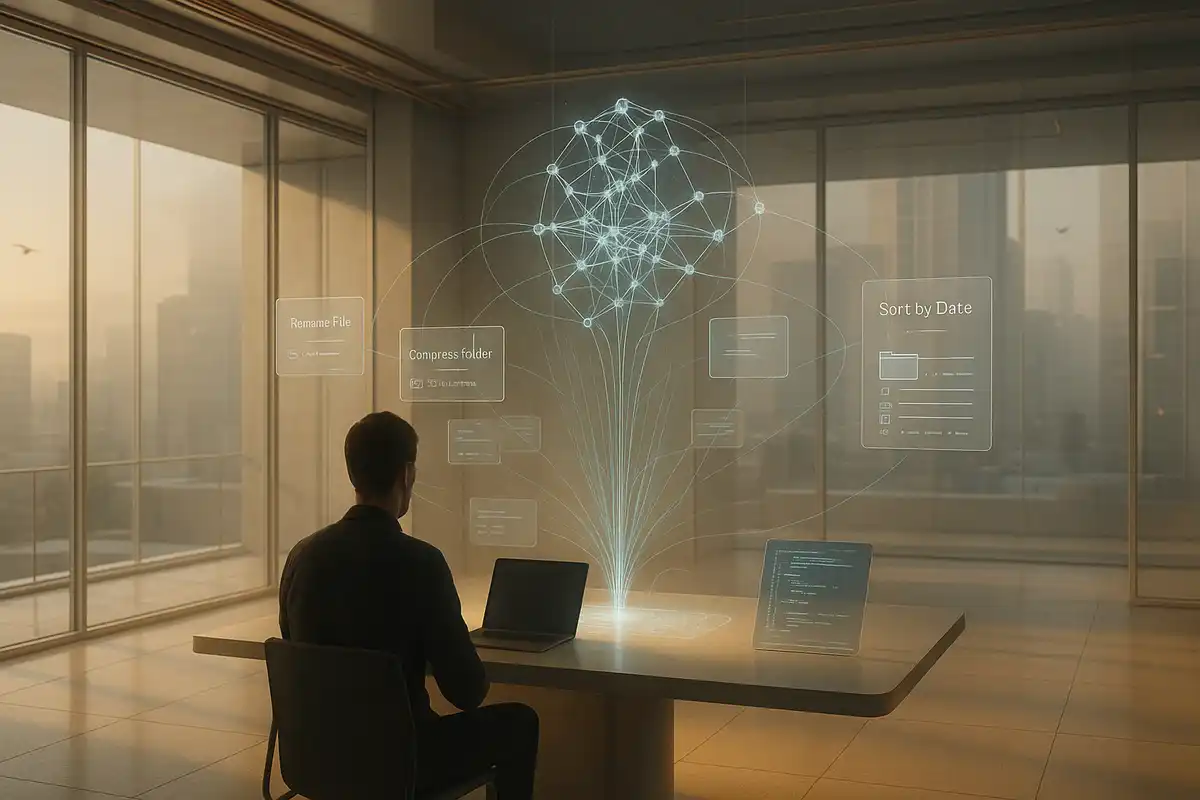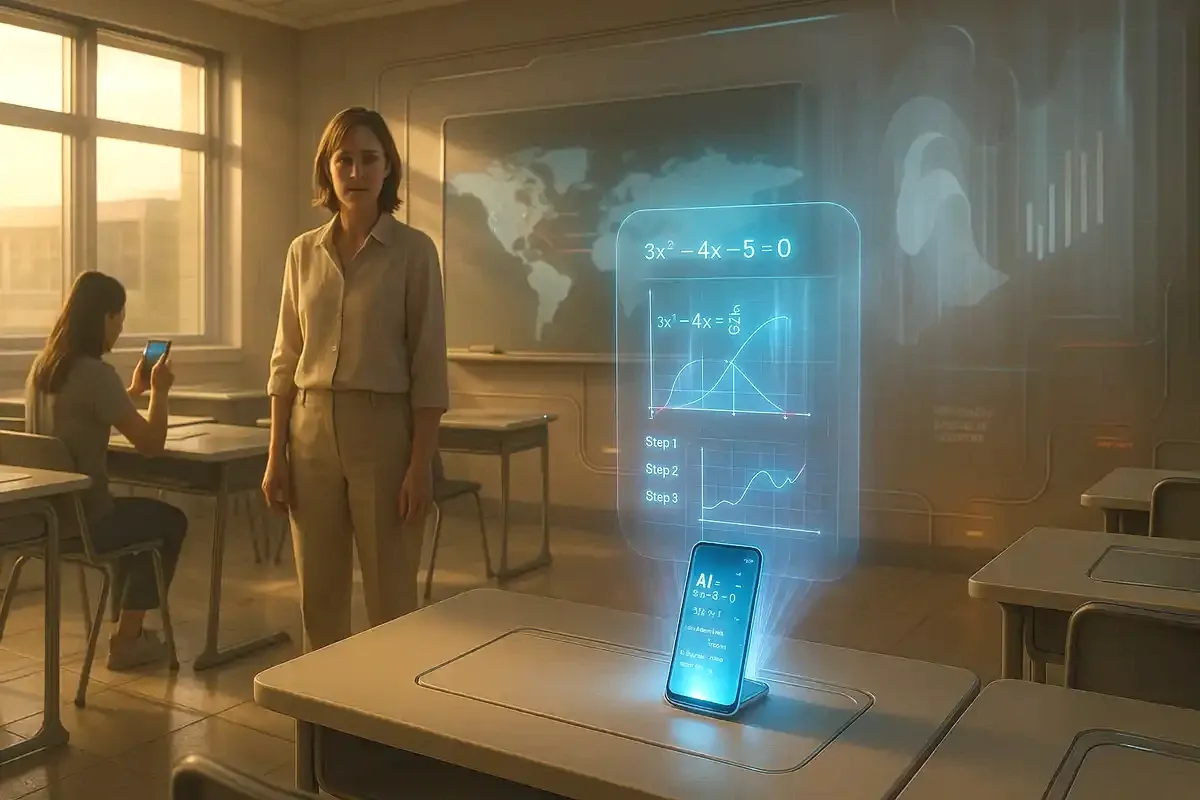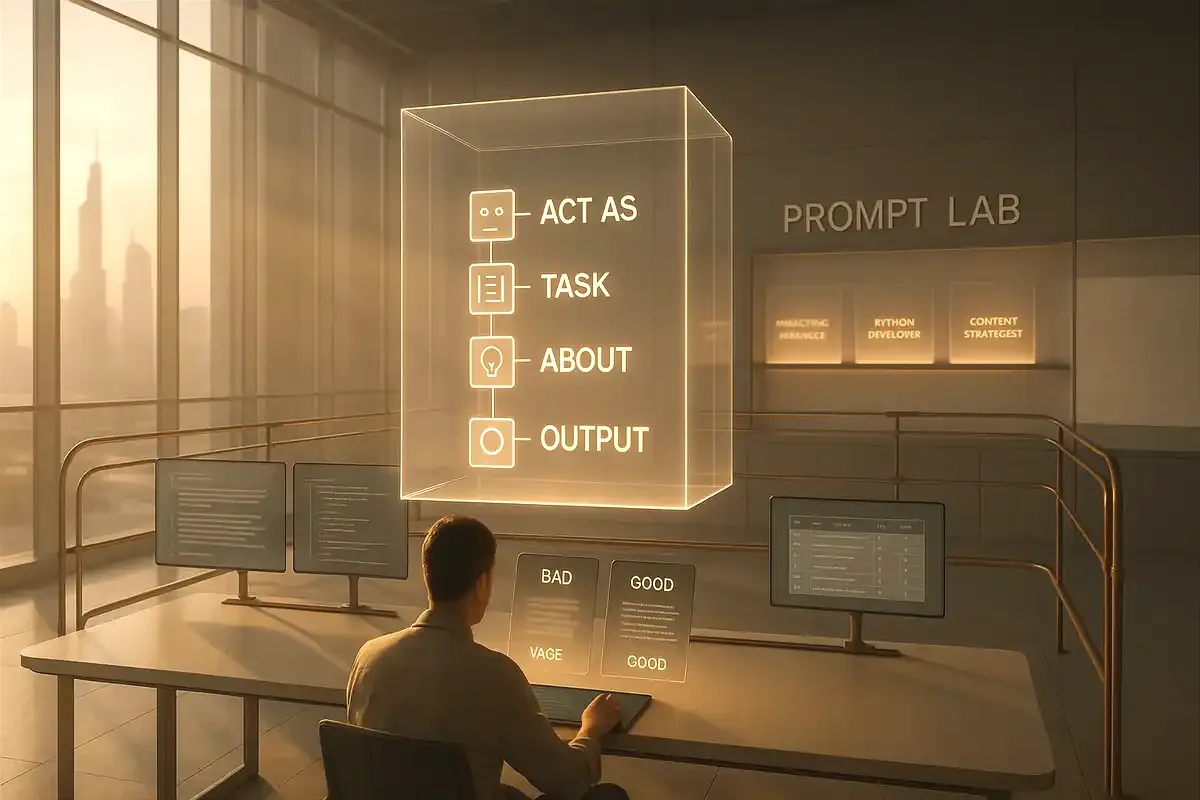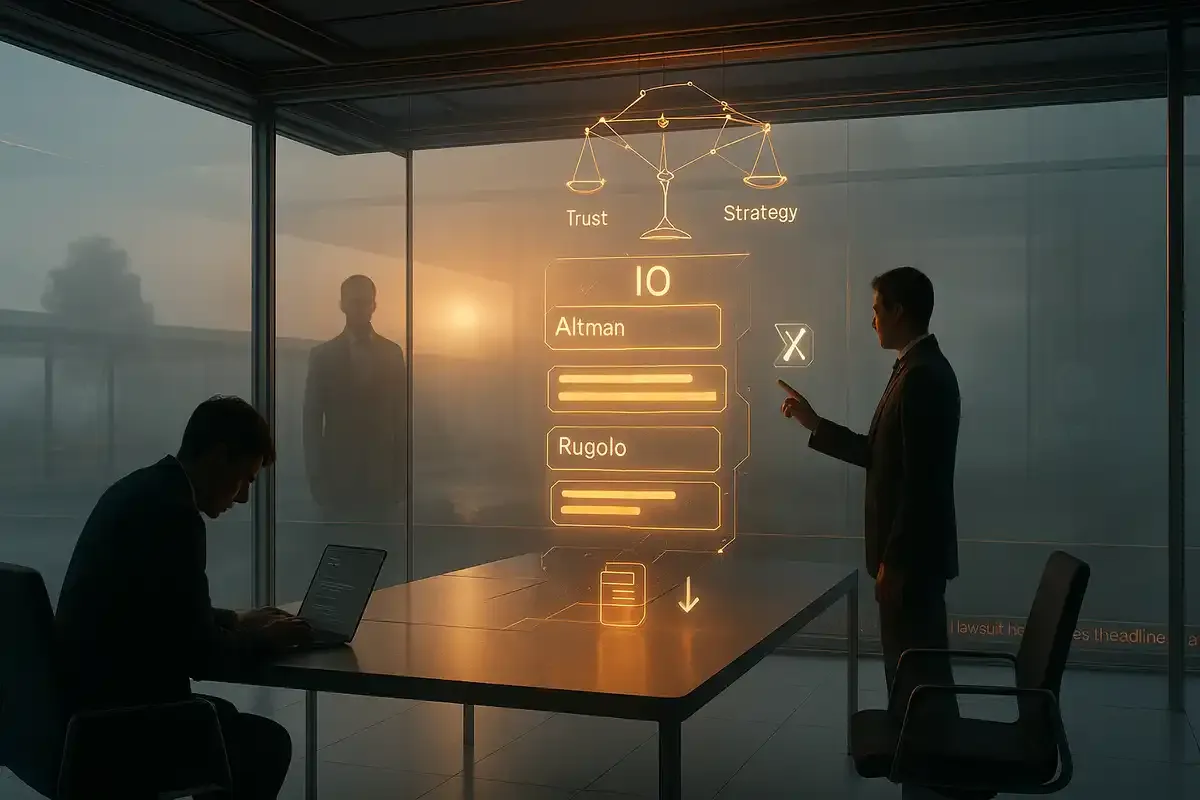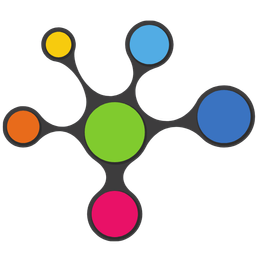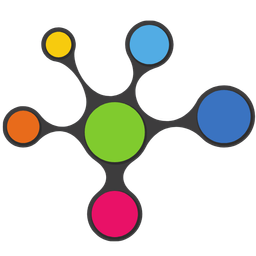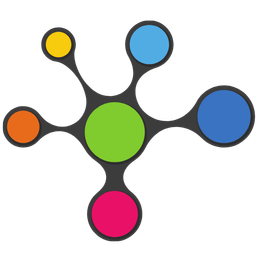💡 TL;DR - The 30 Seconds Version
📱 Sam Altman posted private emails on X showing a startup founder pitching him $10 million in March before suing OpenAI over the "io" name.
⚖️ A judge granted a restraining order forcing OpenAI to drop the "io" branding from its $6.5 billion hardware project with Jony Ive.
💰 Jason Rugolo's Iyo hearing device company claims OpenAI knew about their trademark since 2022 meetings with Altman's investment firm.
🎯 OpenAI's team called Iyo's device "very orthogonal to ours" and said it "doesn't really work yet" in internal emails.
🔄 This mirrors OpenAI's strategy in the Elon Musk lawsuit - fighting legal battles by releasing private communications publicly.
🏛️ The case shows how Silicon Valley's tight networks create messy situations when investors see pitches they're already working on.
Sam Altman decided to fight fire with screenshots. The OpenAI CEO posted private email exchanges on X Tuesday after a hearing device startup sued his company over the "io" name. The move turned a trademark dispute into a very public airing of grievances.
The emails show Jason Rugolo, founder of Iyo hearing devices, pitching Altman for $10 million in March. Rugolo wanted investment in what he called his "AI-meets-audio hardware company." He'd been working on the problem since 2018, he said, building "the best possible hardware interface to interact with AI-agents."
Altman declined. He was "working on something competitive," he told Rugolo. The rejection didn't stop there. When Rugolo asked about collaboration, Altman said he'd have to check with Jony Ive, the former Apple designer who was "driving" OpenAI's hardware launch.
The courtship continues
The exchanges continued through May. Rugolo kept trying to fix problems with his device after a demo to OpenAI's team went poorly. Then OpenAI announced its purchase of "io" - a name strikingly similar to Rugolo's "Iyo."
"I'm getting blown up on the names situation," Rugolo wrote to Altman on May 23rd. "I'm feeling a little vulnerable and exposed. I just wanted to hear from you directly, are you serious and optimistic about potentially bringing us in?"
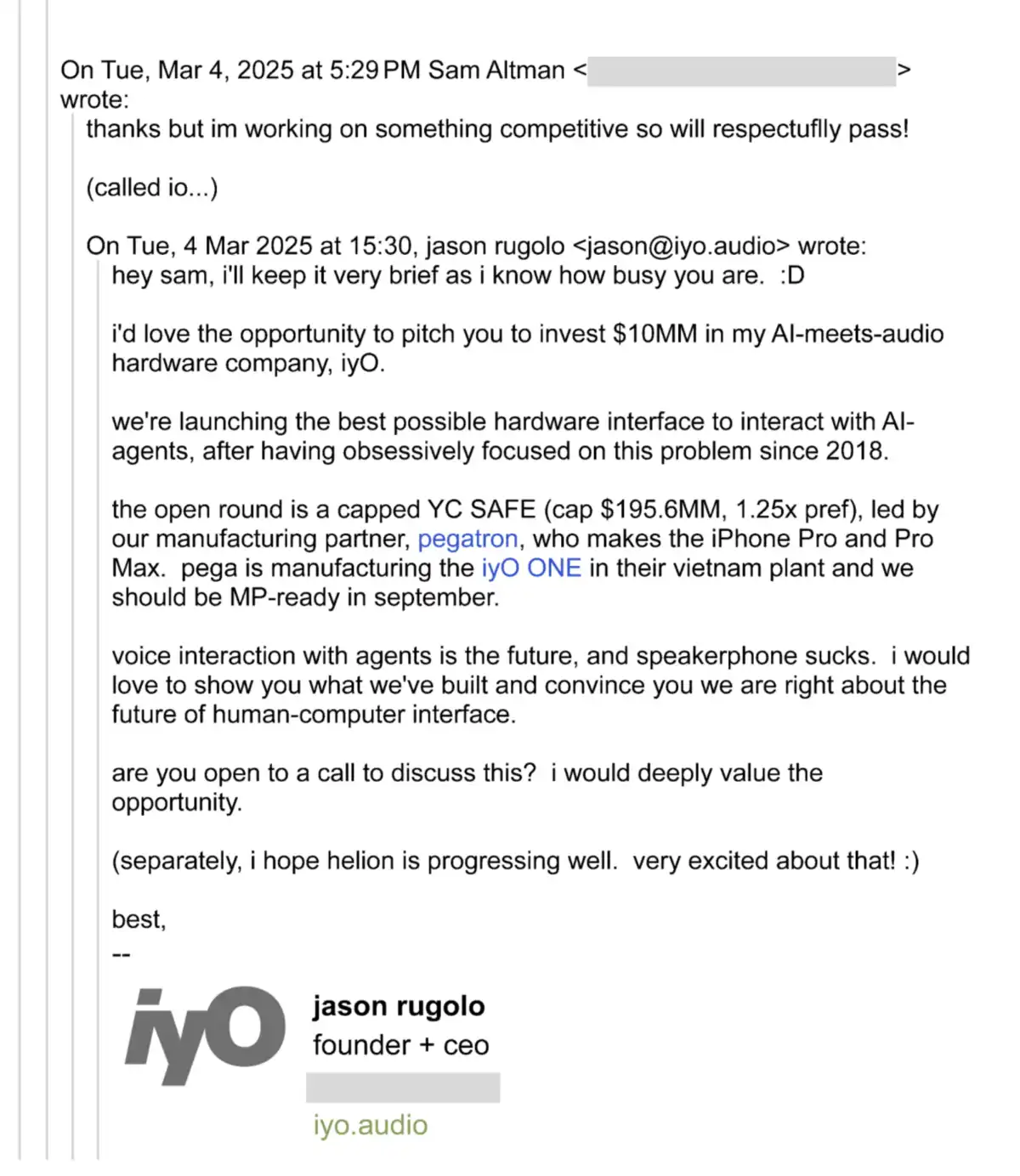
OpenAI's VP of product Peter Welinder had already made the decision. "I don't think there's a fit," he told Altman. "Their device is very orthogonal to ours and doesn't really work yet."
The lawsuit lands
On June 9th, Iyo filed a trademark lawsuit. Days later, OpenAI scrubbed the "io" branding from its website after a judge granted a temporary restraining order. The company's hardware team insisted their device wasn't "an in-ear device, nor a wearable" - trying to distance it from Iyo's product.
Iyo's lawsuit claims OpenAI knew about the startup before launching io. The companies had meetings in 2022, according to court documents. Iyo also says it shared information about its device while trying to recruit former Apple designer Evans Hankey, who later co-founded OpenAI's io project.
Fighting in public
Altman's decision to post the emails echoes OpenAI's strategy in its lawsuit with Elon Musk. The company has repeatedly released private communications to support its side of that story. Musk has done the same in court filings.
"Jason rugolo had been hoping we would invest in or acquire his company iyo and was quite persistent in his efforts," Altman wrote. "We passed and were clear along the way. now he is suing openai over the name. this is silly, disappointing and wrong."
Rugolo fired back on X, saying he didn't want to "fight" in public. "Honestly just think it's super bad form for someone like you to be coming after me like this," he responded. "I'm looking forward to competing with you fairly on product; you just can't use our name."
The deeper backstory
In a longer post, Rugolo revealed their relationship went back to 2022 when he pitched Iyo to Altman's investment firm Apollo Projects. He called Altman's email about competing "probably the worst email I've ever received in my professional life."
"When an investor you pitched everything to, especially such a powerful one, tells you they are now doing something competitive... it's just a terrible feeling," Rugolo wrote. "I got played pretty hard, gave them everything."
Rugolo said he should have "immediately gotten wise" when Altman disclosed the competing project. Instead, he spent weeks meeting with OpenAI team members including Peter Welinder, Tang, Evans Hankey, and others.
The legal reality
OpenAI can't use the "io" branding while the case proceeds, but the company says its deal with Ive continues. OpenAI has asked the court to dismiss the case, calling Iyo's arguments "unfounded" and "premature."
The dispute highlights how Silicon Valley's tight-knit ecosystem can create uncomfortable situations. Investors regularly see pitches for ideas they're already working on. The line between inspiration and appropriation often blurs.
Why this matters:
- Altman's email strategy shows how public relations battles now happen alongside legal ones - transparency can be a weapon
- The case reveals the messy reality of Silicon Valley deal-making, where today's pitch meeting can become tomorrow's competitor
❓ Frequently Asked Questions
Q: How much did OpenAI pay for Jony Ive's company?
A: OpenAI purchased Ive's AI hardware company for almost $6.5 billion in May 2025. Ive, Apple's former chief design officer, left the company in 2019 to start his own design firm called LoveFrom.
Q: What exactly does Iyo's hearing device do?
A: Iyo makes AI-powered hearing devices that let users interact with AI agents. The company has worked on this technology since 2018, though OpenAI's team noted the device "doesn't really work yet" during internal discussions.
Q: When did OpenAI first learn about Iyo's trademark?
A: According to the lawsuit, OpenAI and Iyo had meetings as early as 2022 involving Altman's investment firm Apollo Projects and Ive's LoveFrom design company. Rugolo also pitched directly to Altman in March 2025.
Q: Who is Evans Hankey and why does she matter in this case?
A: Evans Hankey is a former Apple designer who worked with Jony Ive. Iyo claims they shared device information with her while trying to recruit her, but she later co-founded OpenAI's io project instead.
Q: Is this the first time OpenAI has fought a lawsuit publicly?
A: No. OpenAI used the same strategy in its ongoing lawsuit with Elon Musk, releasing private email exchanges to support its position. Musk has also shared private communications in court documents.
